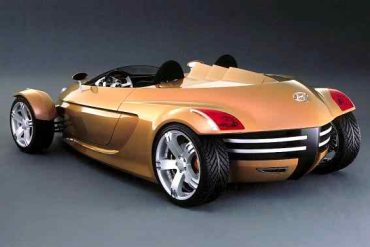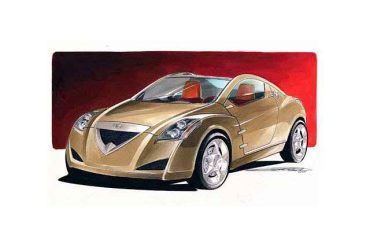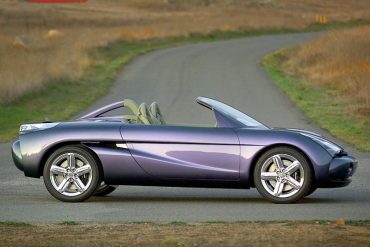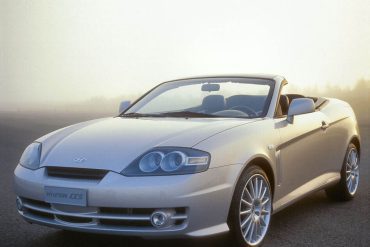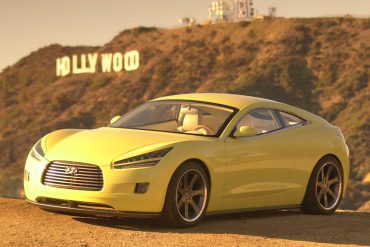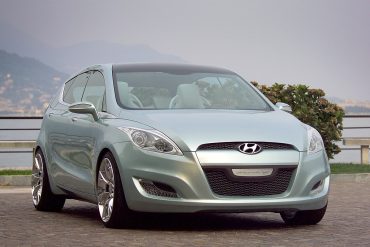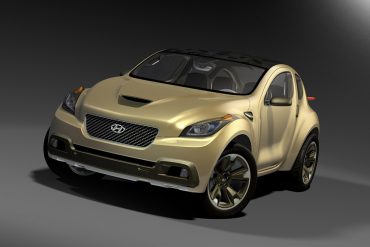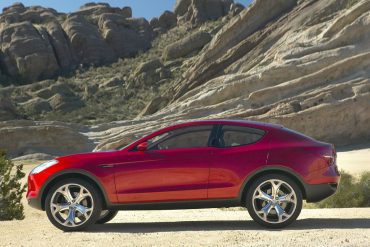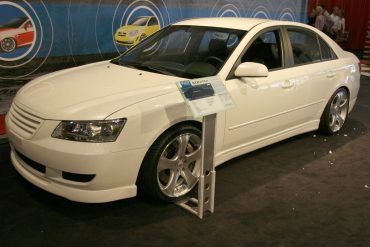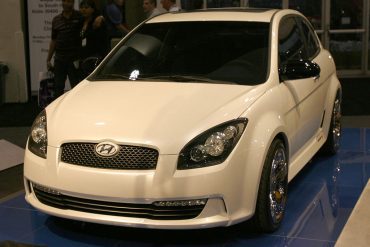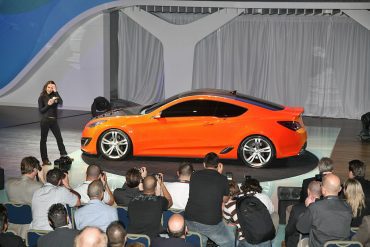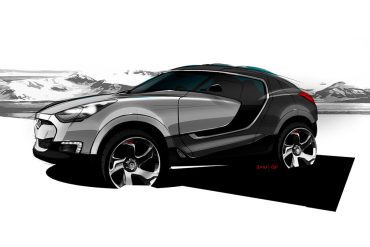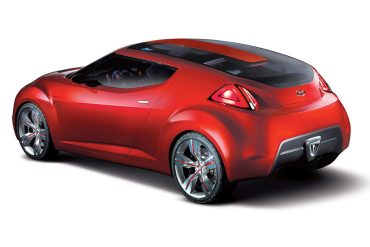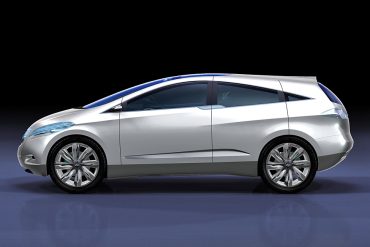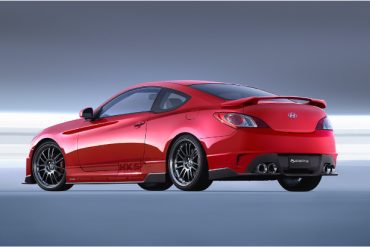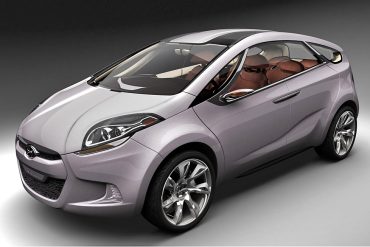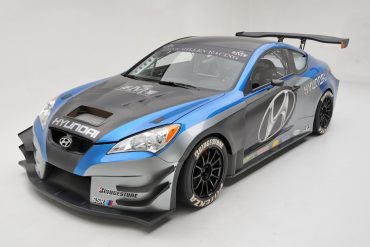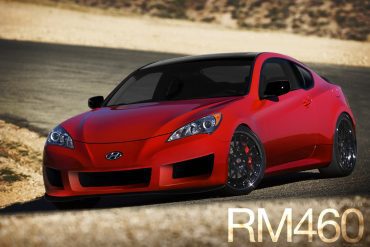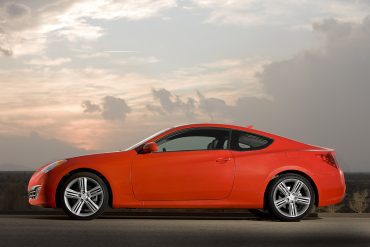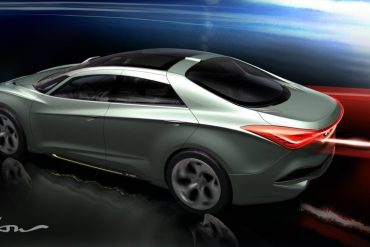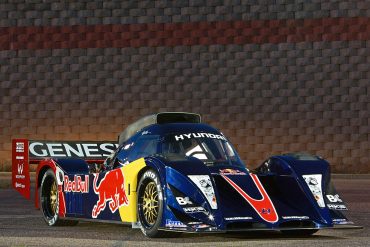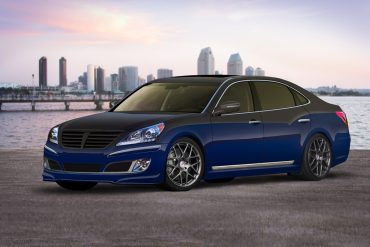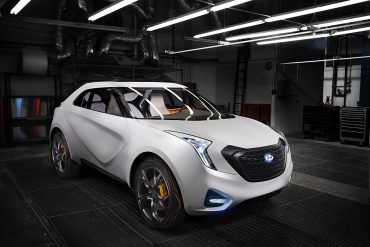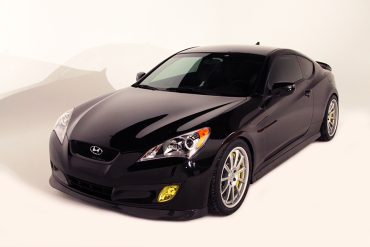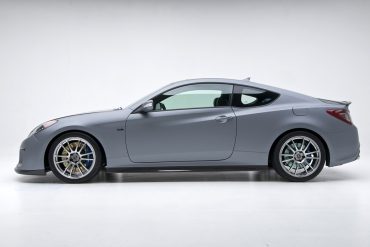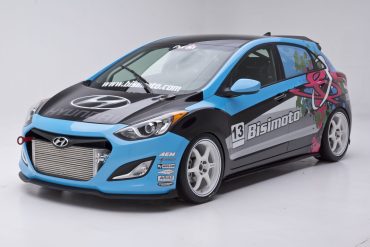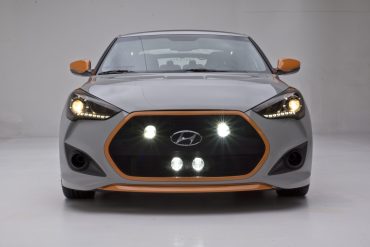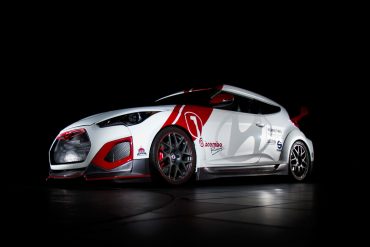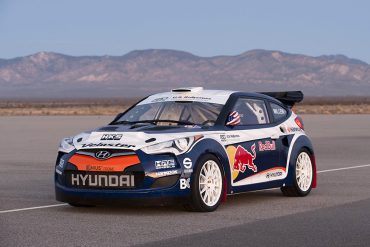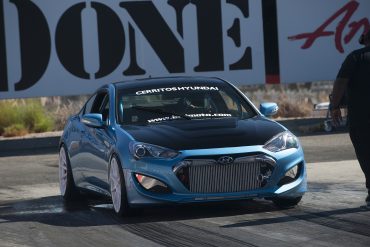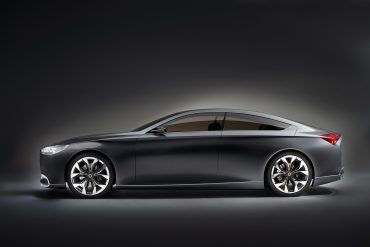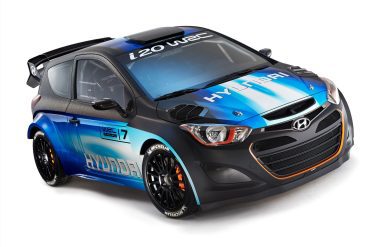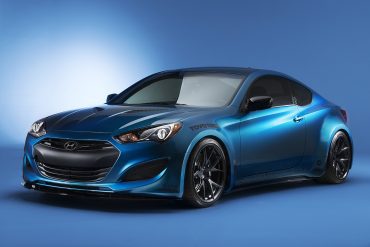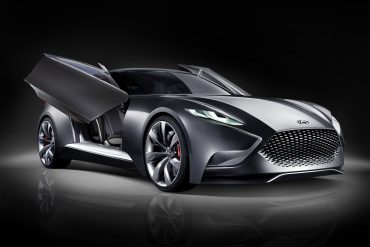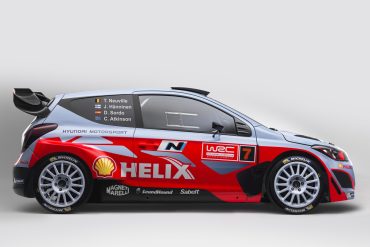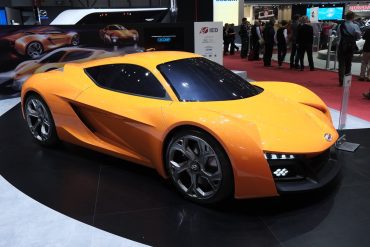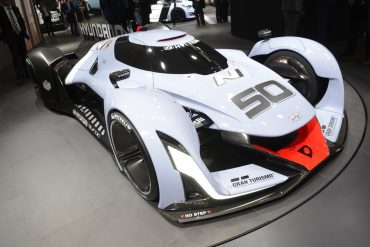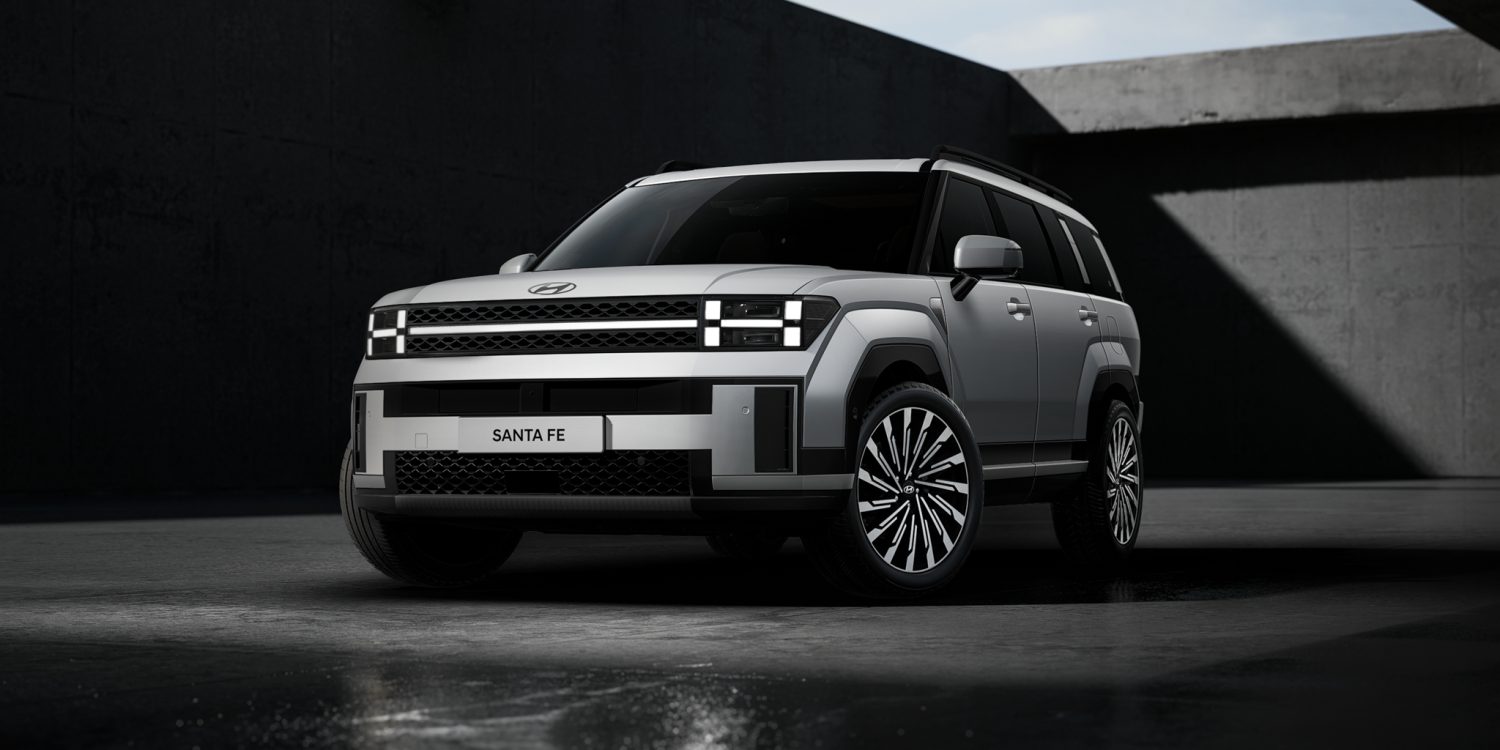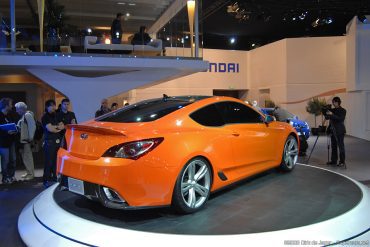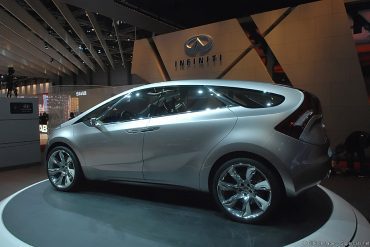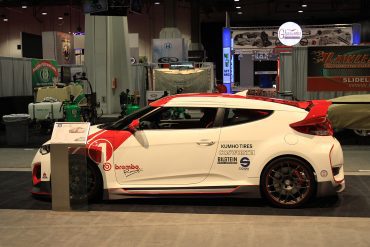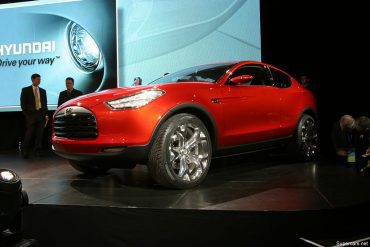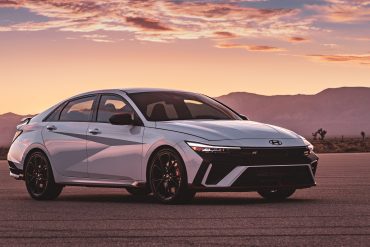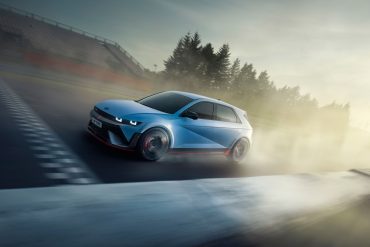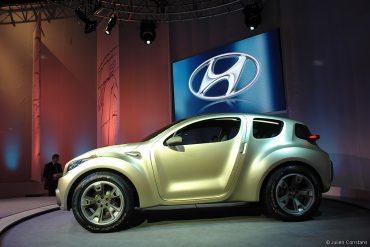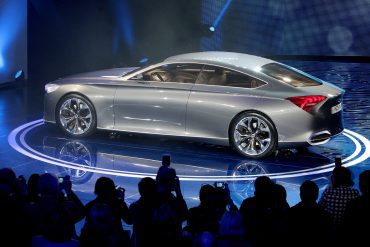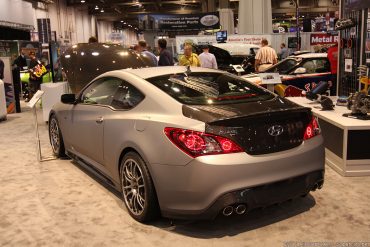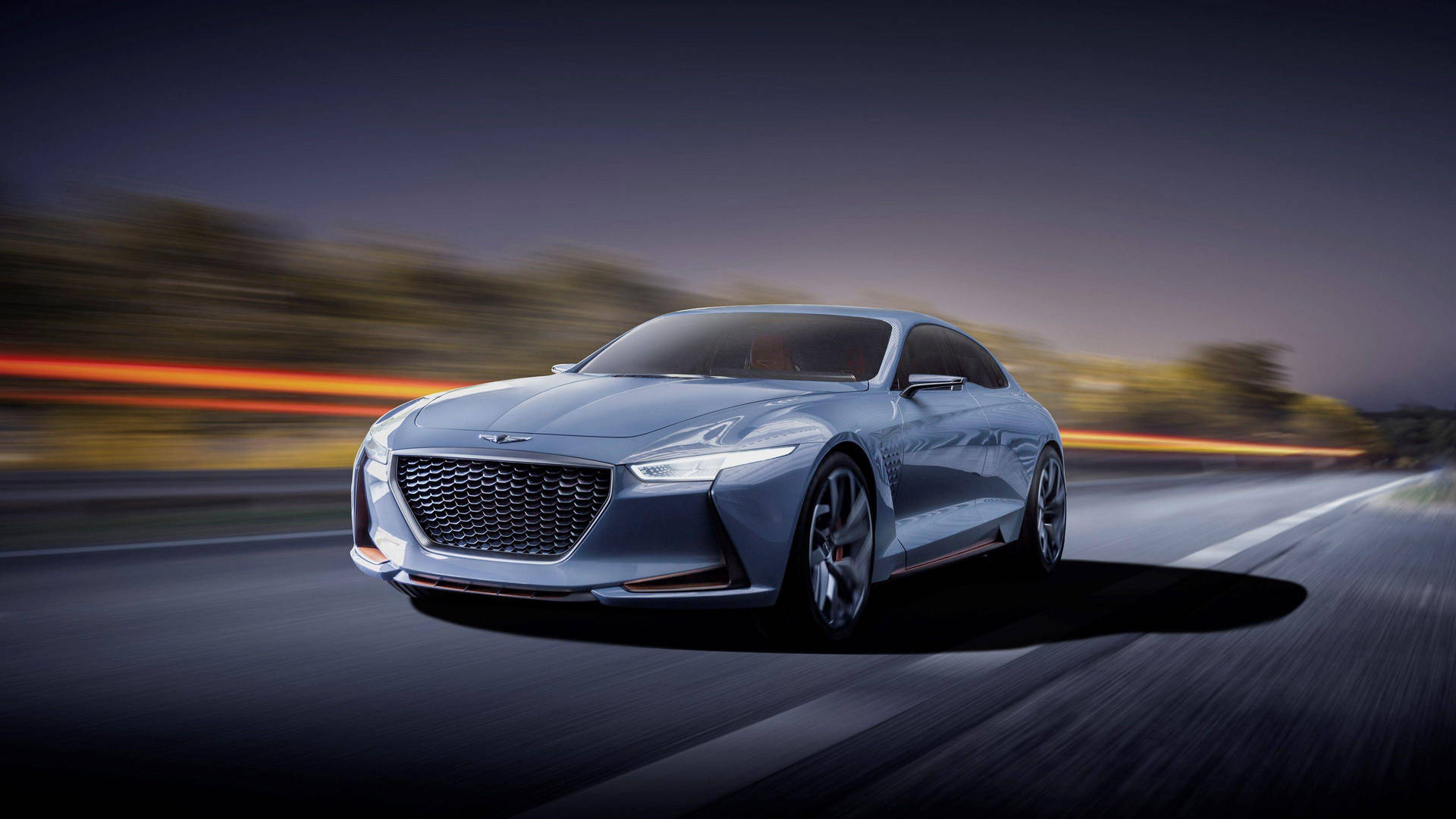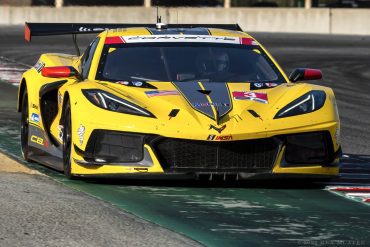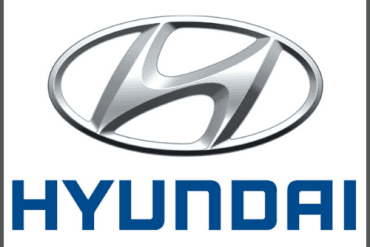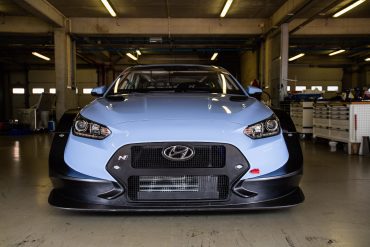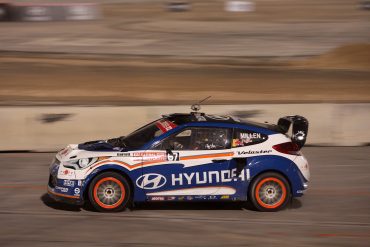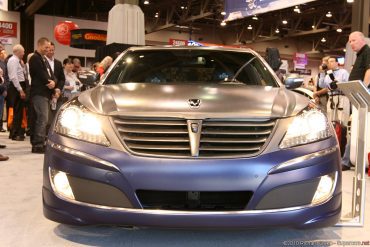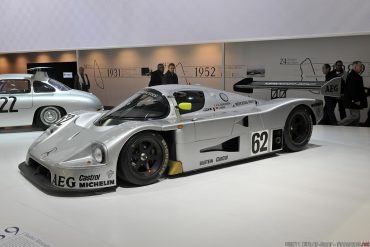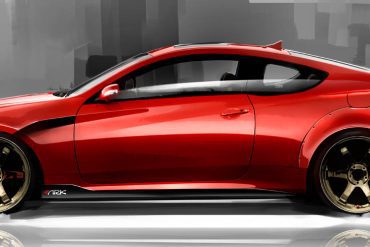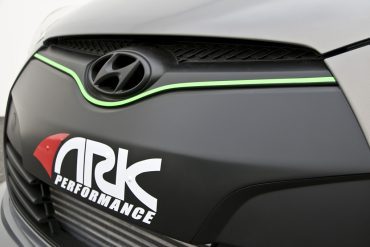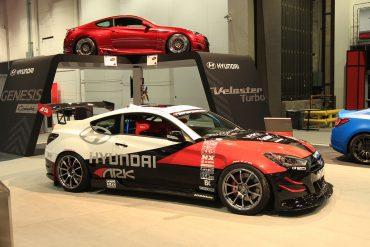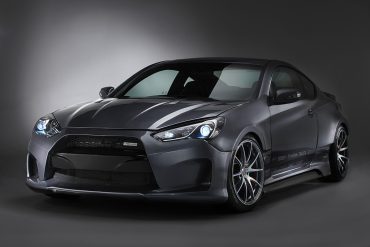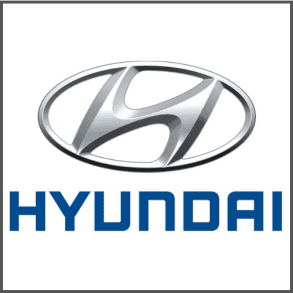
Hyundai
Research, History, Reviews, Media & More
Hyundai: From Humble Beginnings to a Global Automotive Powerhouse
Hyundai Motor Company is a South Korean automaker that has grown from a modest manufacturer to one of the largest and most innovative automotive companies in the world. Known for its commitment to quality, affordability, and cutting-edge technology, Hyundai has made a significant impact on the global automotive landscape. This post explores the founding of Hyundai, its evolution over the years, the notable car models it has produced, and the milestones that have defined its journey to becoming a leading global car brand.
The Founding Vision: From Construction to Cars
Hyundai was originally part of the Hyundai Engineering and Construction Company, founded in 1947 by Chung Ju-Yung in Seoul, South Korea. The company’s name, “Hyundai,” means “modernity” in Korean, reflecting Chung’s vision of creating a forward-looking, innovative business. In 1967, Chung expanded the company’s operations into automobile manufacturing by establishing Hyundai Motor Company, marking the brand’s entry into the automotive industry.
Hyundai’s first major automotive venture was the Hyundai Cortina, a collaboration with Ford Motor Company in 1968. This early partnership with Ford provided Hyundai with valuable experience and technical expertise, setting the foundation for the company’s future growth in the automotive sector.
The Evolution of Hyundai: A Journey of Innovation and Expansion
Hyundai’s journey from a small South Korean car manufacturer to a global automotive leader is marked by several key developments and iconic car models:
The Launch of Korea’s First Mass-Produced Car: The Hyundai Pony (1975):
In 1975, Hyundai introduced the Pony, South Korea’s first mass-produced car. Designed by Italian car designer Giorgetto Giugiaro and equipped with Mitsubishi engines and powertrains, the Pony was a compact, affordable vehicle that quickly became popular in South Korea and several export markets. The success of the Pony marked a significant milestone for Hyundai, positioning the company as a serious player in the global automotive market.
Expansion into International Markets: The U.S. Debut (1986):
Hyundai made its debut in the United States in 1986 with the introduction of the Hyundai Excel. Priced competitively and marketed as an affordable alternative to Japanese and American cars, the Excel was an instant hit, setting a record for the most cars sold by a new import car brand in its first year in the U.S. market. This successful entry into the U.S. market marked a major turning point for Hyundai, establishing its presence in one of the world’s largest automotive markets.
Focus on Quality and Reliability: The Hyundai Quality Revolution (1990s):
In the 1990s, Hyundai faced criticism for the quality and reliability of its vehicles. In response, the company launched a comprehensive quality improvement program, investing heavily in research and development, manufacturing processes, and customer service. This initiative culminated in the introduction of an industry-leading 10-year/100,000-mile powertrain warranty in the U.S., which helped rebuild consumer confidence and transform Hyundai’s reputation for quality and reliability.
Introduction of Hyundai’s Flagship Models: The Sonata and Elantra (1980s-1990s):
The Hyundai Sonata, first introduced in 1985, and the Hyundai Elantra, launched in 1990, quickly became popular models that defined Hyundai’s approach to blending affordability, quality, and style. The Sonata, a mid-size sedan, and the Elantra, a compact car, have both been critical to Hyundai’s success, consistently ranking among the best-selling models in their respective segments and winning numerous awards for safety, reliability, and value.
Pioneering the Compact SUV Market: The Hyundai Santa Fe (2000):
In 2000, Hyundai entered the burgeoning SUV market with the introduction of the Hyundai Santa Fe, a compact SUV that quickly became one of the brand’s best-selling models. The Santa Fe’s combination of versatility, affordability, and advanced features helped Hyundai tap into the growing demand for SUVs and solidify its position as a leading global automaker.
Commitment to Sustainability: The Ioniq and Kona Electric (2010s-Present):
In the 2010s, Hyundai began to focus on developing environmentally friendly vehicles as part of its commitment to sustainability. The Hyundai Ioniq, introduced in 2016, was the world’s first car to offer three electrified powertrains: hybrid, plug-in hybrid, and all-electric. The success of the Ioniq was followed by the launch of the Hyundai Kona Electric, a small electric SUV that received critical acclaim for its range, performance, and affordability. These models reflect Hyundai’s dedication to leading the way in green automotive technology.
Launch of the Genesis Luxury Brand (2015):
In 2015, Hyundai launched Genesis as its standalone luxury brand, aiming to compete with established luxury automakers like BMW, Mercedes-Benz, and Lexus. The Genesis lineup, including the G70, G80, and G90, has been praised for its sophisticated design, advanced technology, and emphasis on driving dynamics, helping Hyundai establish a strong presence in the luxury car market.
Innovation in Electric Vehicles: The Ioniq 5 and Future Mobility (2020s):
The introduction of the Hyundai Ioniq 5 in 2021 marked a significant milestone in Hyundai’s electric vehicle strategy. Built on the new Electric-Global Modular Platform (E-GMP), the Ioniq 5 offers a long driving range, rapid charging capabilities, and a futuristic design. It has been well received for its performance, technology, and design, positioning Hyundai as a leader in the growing electric vehicle market.
Special Milestones and Achievements
Throughout its history, Hyundai has achieved several significant milestones and made lasting contributions to the automotive industry:
Industry-Leading Warranty: Hyundai’s introduction of a 10-year/100,000-mile powertrain warranty set a new standard in the automotive industry, helping to rebuild consumer trust and establish Hyundai’s reputation for quality and reliability.
Innovation in Sustainable Mobility: Hyundai has been a pioneer in sustainable mobility, offering a wide range of hybrid, plug-in hybrid, electric, and hydrogen fuel cell vehicles. The company’s commitment to reducing emissions and promoting clean energy is evident in its expanding lineup of eco-friendly vehicles.
Global Expansion and Market Leadership: Hyundai’s successful expansion into international markets, including the United States, Europe, and China, has helped it become one of the world’s largest and fastest-growing automakers. Today, Hyundai Motor Group, which includes Hyundai and Kia, ranks as the third-largest car manufacturer in the world by volume.
Advances in Design and Technology: Hyundai’s focus on innovative design and advanced technology has transformed its product lineup, making it a leader in automotive design and engineering. The brand’s investment in digital key technology, smart mobility solutions, and autonomous driving capabilities showcases its commitment to the future of mobility.
The Enduring Legacy of Hyundai
Hyundai’s legacy is one of innovation, resilience, and a commitment to delivering value and quality to its customers. From its humble beginnings as a small car manufacturer in South Korea to its current status as a global automotive powerhouse, Hyundai has consistently pushed the boundaries of what is possible in the automotive world. Today, Hyundai continues to evolve, embracing new technologies, sustainable practices, and a customer-centric approach that ensures its place as a leader in the global automotive market.
As the brand looks to the future, its focus on electrification, innovation, and sustainability ensures that Hyundai will continue to play a key role in shaping the future of mobility. Whether through its cutting-edge electric vehicles or its commitment to quality and reliability, Hyundai remains dedicated to creating cars that meet the needs of customers around the world.
Hyundai Basics
Founded: 29 December 1967
Founder: Chung Ju-yung
Headquarters: Seoul, South Korea
Did You Know
Hyundai Motor Company was originally part of the Hyundai Engineering and Construction Company, founded in 1947 by Chung Ju-Yung. The automotive division, Hyundai Motor Company, was established later in 1967, signaling the brand's entry into the automotive industry.
Hyundai’s first car, the Hyundai Cortina, was released in 1968 as a result of a collaboration with Ford Motor Company. This marked Hyundai’s entry into automobile manufacturing and set the stage for the development of its own models.
The Hyundai Pony, introduced in 1975, was South Korea’s first mass-produced car. Designed by Italian car designer Giorgetto Giugiaro and featuring Mitsubishi engines and powertrains, the Pony became a significant milestone in South Korea's automotive history, symbolizing the country's industrial growth.
Hyundai has a strong presence in motorsport, particularly in the World Rally Championship (WRC). The Hyundai i20 WRC has been highly successful, securing multiple podium finishes and contributing to Hyundai’s brand image as a maker of sporty and dynamic cars.


